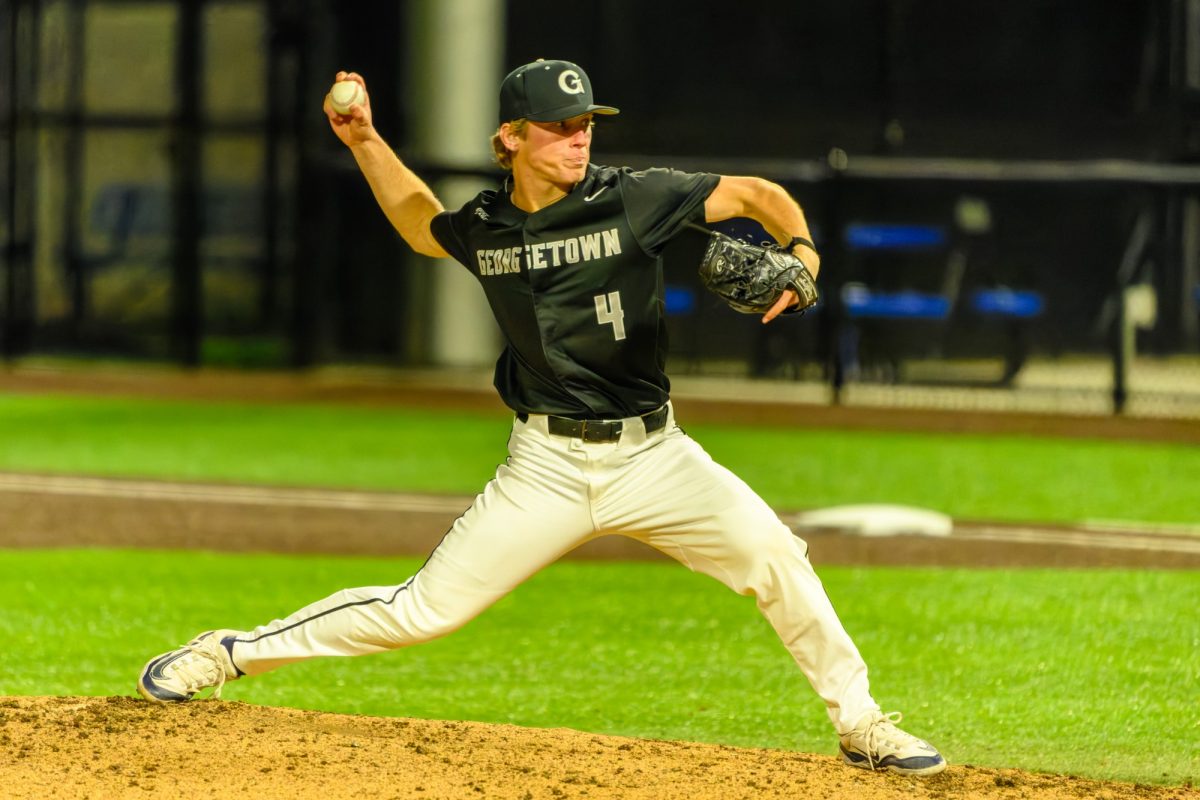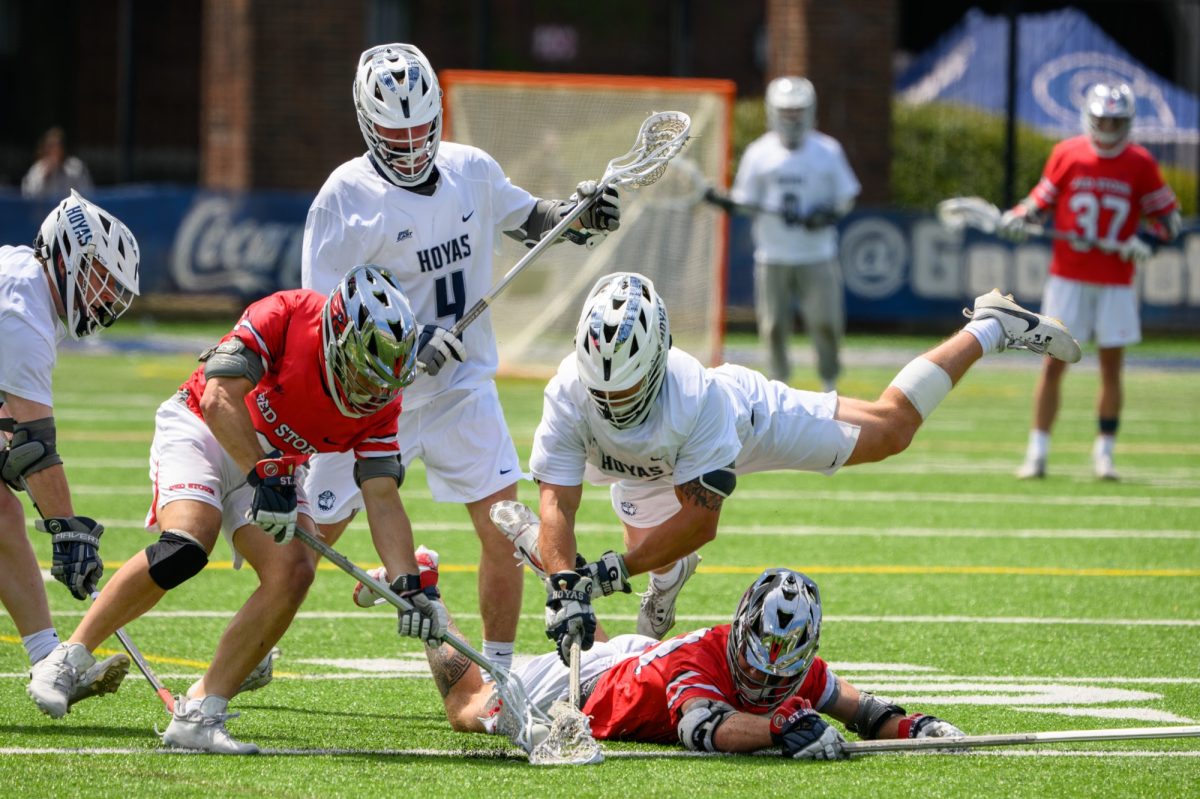Thousands of highly paid athletic personnel pour over hours of film and analytics to try to discover the secret formula to a Vince Lombardi Trophy. NFL teams face limitations in who they can pay, forcing difficult decisions about which positions to pay top dollar. Despite what might be considered common intuition, Super Bowl champions are not led by the highest-paid quarterbacks, but by quarterbacks acquired on cheap rookie deals or by older quarterbacks who are willing to take a pay cut.
Quarterbacks are the most important position in football, but the key to a winning season is to not invest too much in them. This strategy may seem counterintuitive because, if quarterbacks really are the most valuable position, fans might expect that they are also the highest paid. The key, however, is to have a young and undervalued quarterback, typically on a rookie contract, or an old quarterback willing to accept a lower-value contract or who is undervalued due to his age. Contracts awarded to quarterbacks are often far too large of a percentage of teams’ salary cap, making it impossible for them to afford to round out the roster.
Signing a quarterback to a huge contract forces teams to sacrifice talent at other positions. For example, in 2017, the then Oakland Raiders’ quarterback Derek Carr became the highest-paid player in the NFL. One consequence of this deal was that the Raiders lacked the resources to pay former Defensive Player of the Year Khalil Mack and Pro Bowl player Amari Cooper, forcing them to trade them away to teams with the resources to pay. The Raiders have not had a winning season since signing Carr to that deal. Similarly, the Green Bay Packers have been unable to win a Super Bowl since signing the unbelievably talented Aaron Rodgers with a record contract in 2013. Teams who sign talented quarterbacks to huge contracts may still have winning records, but seem unable to win when it matters.
Super Bowl-winning quarterbacks have continually been those who are on cheap, team-friendly contracts. An important reason why the Kansas City Chiefs won the Super Bowl this year is that they had former MVP Patrick Mahomes at quarterback but on a rookie contract. Mahomes was just the 13th highest-paid player on his team and the 31st highest-paid quarterback in the league behind the likes of former Bears’ backup quarterback Chase Daniel, who has subsequently been traded to the Detroit Lions. His opponent in Super Bowl LIV, Jimmy Garoppolo, was the 15th highest-paid quarterback, just above average salary for a quarterback. The last time one of the top-five highest-paid quarterbacks in the league even competed in the Super Bowl was Eli Manning in 2011, while, comically, the highest-paid quarterback in the league was Mark Sanchez, who played for the New York Jets at the time. The Jets lost two AFC championships during Sanchez’s first two seasons but did not have a winning season or playoff run in the following years.
Outside of rookies, the best options for teams are still capable quarterbacks in the twilights of their careers. Take six-time Super Bowl champion Tom Brady. Brady won his first Super Bowl on his rookie deal. Then, despite being on a bigger contract in 2003 and 2004, Brady still was not close to one of the top-five quarterbacks in terms of contract value, making just over half as much as the then highest-paid quarterback, Brett Favre. Brady signed huge extensions in 2005 and 2010 and accordingly won zero Super Bowls during their span. It was only once he was considered past his prime that Brady signed much smaller contracts, in 2013 and 2016, that gave the New England Patriots the flexibility to assemble three more Super Bowl-winning rosters. Something similar occurred with the Denver Broncos and Peyton Manning when, after Manning took a pay cut in 2015, the Broncos were able to win a Super Bowl in 2016.
Some teams will always hand out illogically large contracts, but the league is beginning to catch on. The Dallas Cowboys are refusing to pay quarterback Dak Prescott all the money he is demanding, the Washington, D.C. NFL team recently let Kirk Cousins leave in free agency over signing him to a large, long-term contract and the Packers just put a timer on Rodgers’ career as a Packer by trading up for quarterback Jordan Love in the draft in April. Teams that continue to pay top dollar for their quarterbacks have to hope their players’ talent is enough to propel a less talented roster to contention, yet this feat appears impossible for even the most talented quarterbacks.
Austin Barish is a rising sophomore in the College. Running the Post appears online every month.















